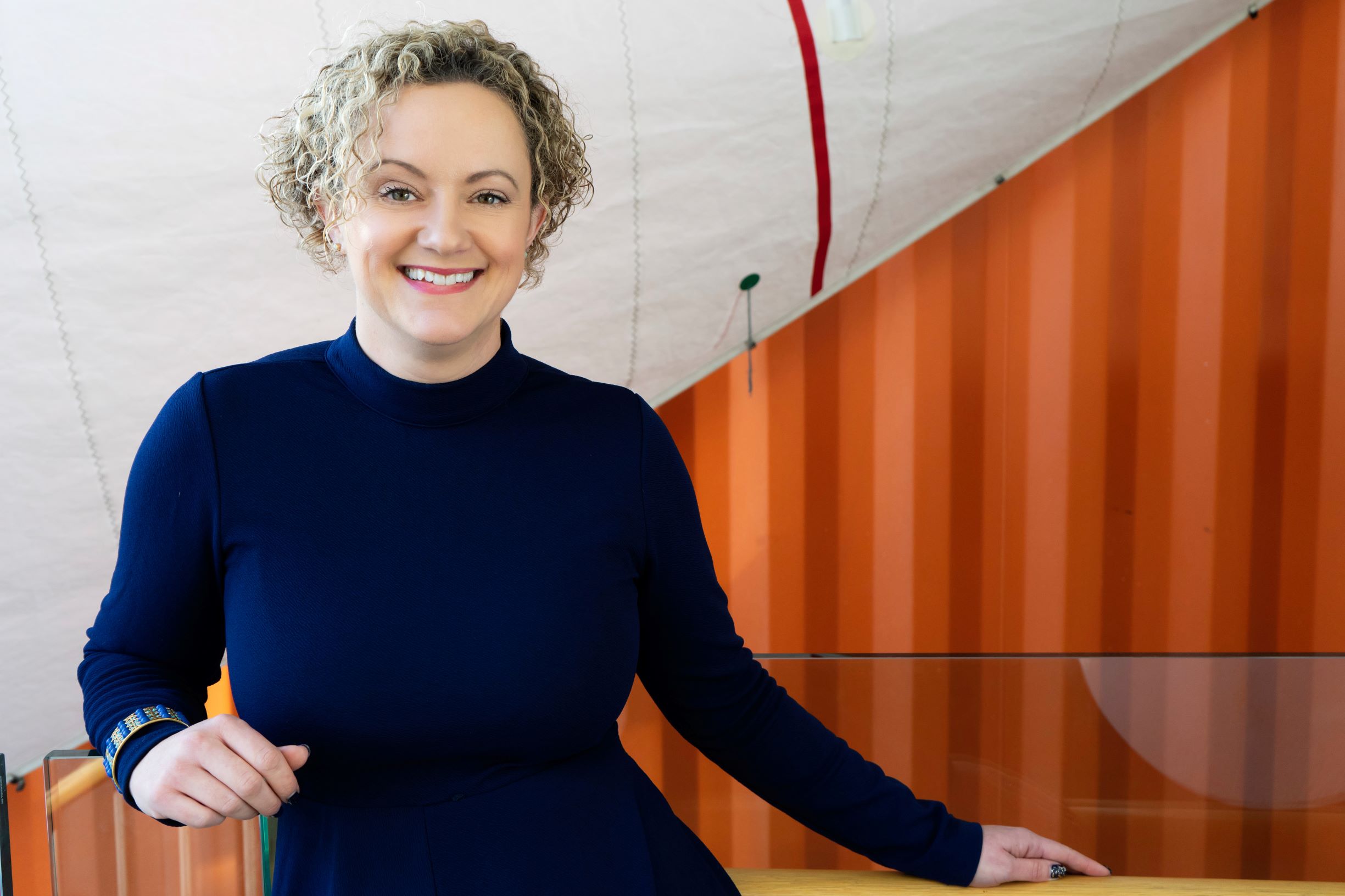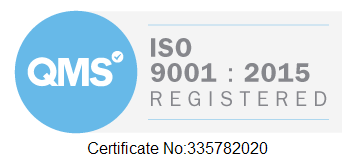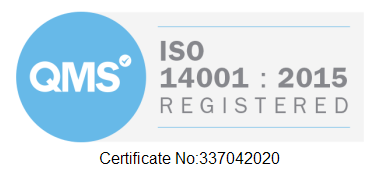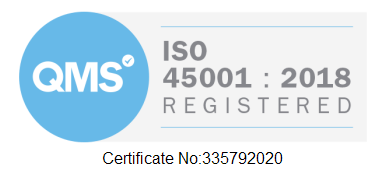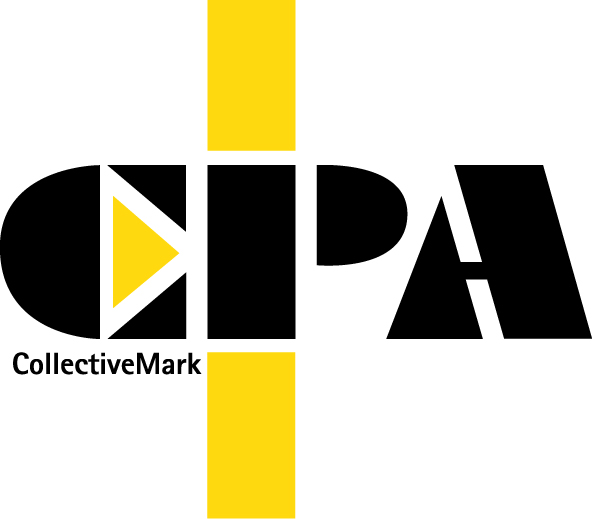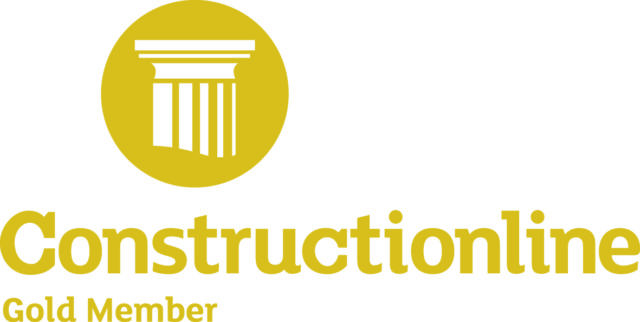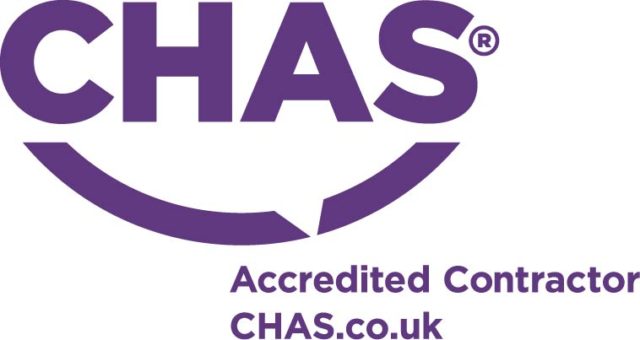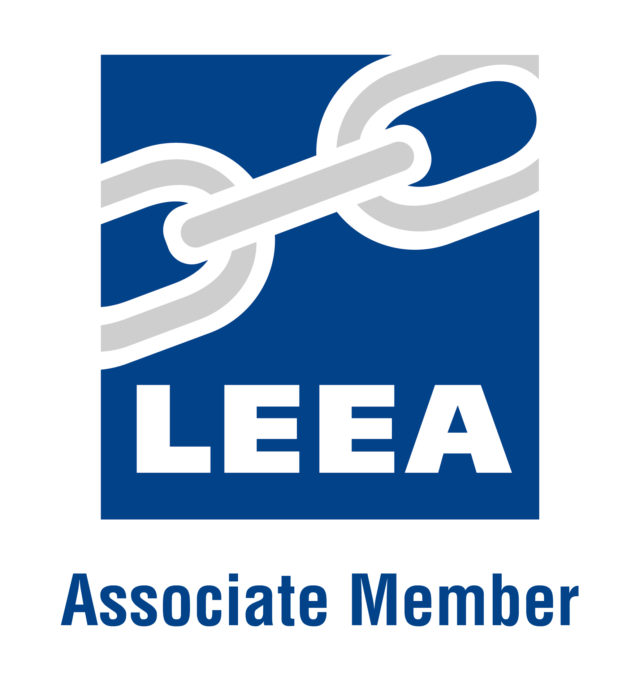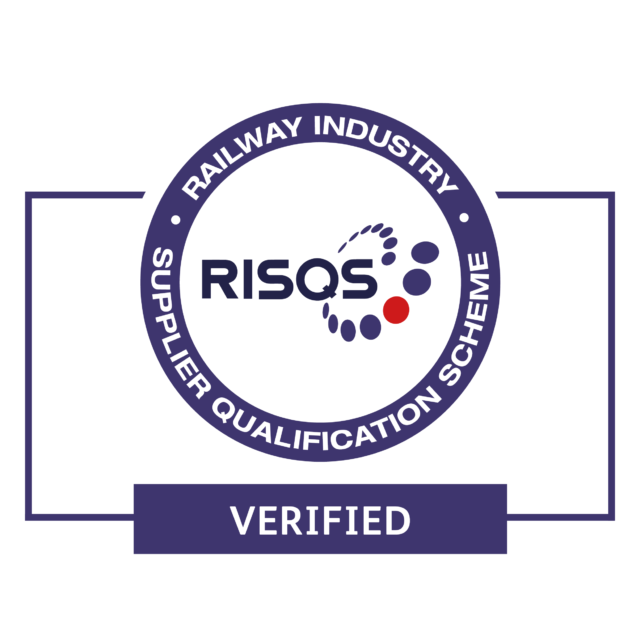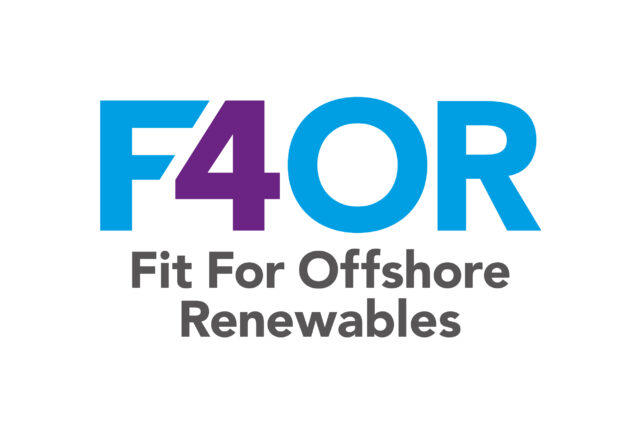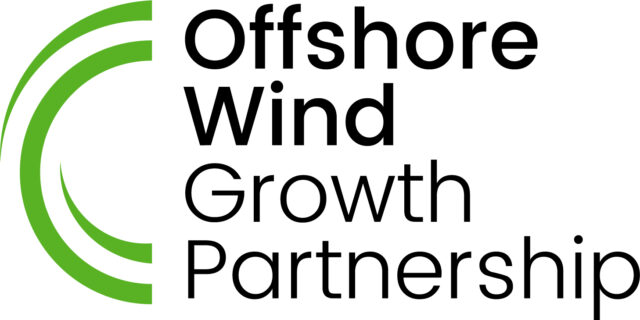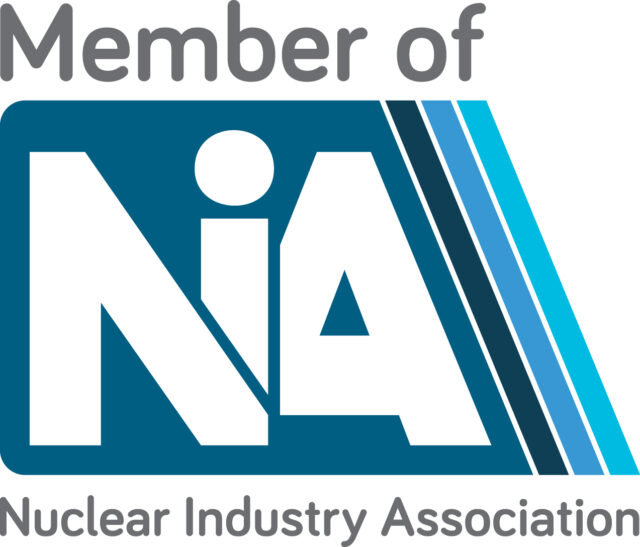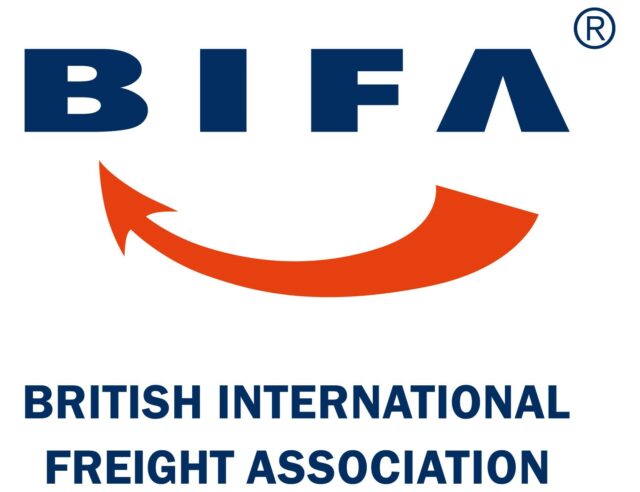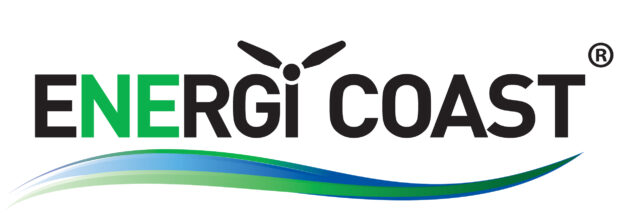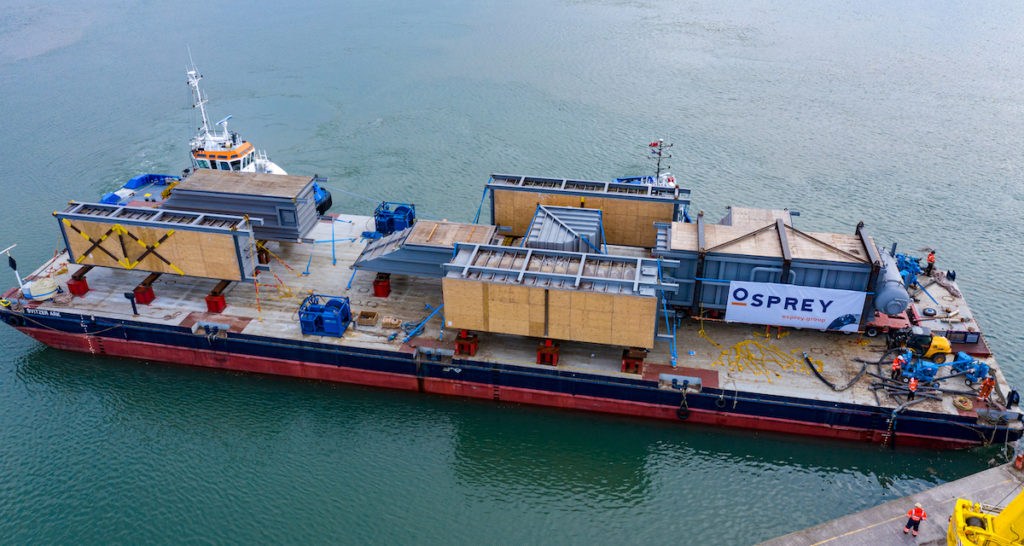
Health and Safety first – precautions during a pandemic
Specialist logistics demand high levels of respect for safety, health, and impact on the environment. Previously, ‘risk of viral infections’ wasn’t at the top of the list – but that was then, and this is now.
At the moment, the potential to contract or pass on coronavirus is something on everyone’s minds, including our teams on the ground working with large, heavy lift equipment. We’re taking extra steps to make sure everyone’s safe.
Everyone who works in QHSE is used to being on the lookout for ‘what might go wrong’ on a job. That’s what we do – we take action to mitigate those risks, whenever and wherever we can. When we first realised the government was thinking about social distancing, we knew we’d need plans in place to help our teams work effectively and safely.
Dean Graham, our QHSE Lead:
“We had to work out what it would mean for our teams, and how we could still keep to programme while taking all the precautions necessary. Staying two metres apart is the aim. It sounds impossible, but there’s a lot we can do with a bit of ingenuity.
Using our ingenuity
Over in Pembrokeshire, we’ve been working on a project to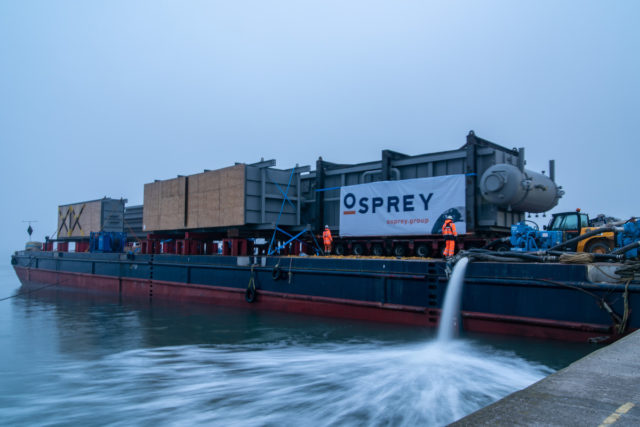 move a series of large pieces of equipment to the Valero refinery. We’ve loaded each item onto a barge via SPMT at Pembroke dock and then towed the barge to the Valero jetty, where we have offloaded each piece via SPMT. During this process we have ensured we have sufficient lashings for each piece as well as ballasting for both the load-out and load-in.
move a series of large pieces of equipment to the Valero refinery. We’ve loaded each item onto a barge via SPMT at Pembroke dock and then towed the barge to the Valero jetty, where we have offloaded each piece via SPMT. During this process we have ensured we have sufficient lashings for each piece as well as ballasting for both the load-out and load-in.
Usually, that’s a three or four man job working as a team. At the moment, what we’re doing is using a 100 ton crane to set and configure the hoses, and put them in to place. Then, normally, we’d have two or three of the team to tension chains and lashings and make them secure ‘by hand’. With a bit of sideways thinking, we used mechanical assistance to add tension force before fitting binders, the same result without people working in close proximity.
Making sure our teams are safe
The Osprey team has plenty of experience in RORO operations. We ensure we have suitable supervision at all times.
Dean:
“We’ve made sure everyone’s got single vehicle travel, single person accommodation and that they can cater for themselves so that everyone is self-sufficient. We’ve also increased the numbers of ‘welfare units’ on site too, which makes it easier for everyone to top up during the day without getting too close to each other.
“Early on during the Covid-19 Pandemic I realised we’d need additional PPE. We put a large order in to make sure we had enough disposable latex gloves, P2 facemasks, and anti-bacterial wipes for all our projects. We might look a bit strange, but it’s a bit of a philosophy in logistics like ours – you can’t be too careful under normal circumstances, let alone when we’ve got an illness to think about on top. Plus, we’re doing daily infrared thermometer checks for everyone who comes onto site: early warnings are always important.
Want to learn more? If you’re working on a project now, we’re happy to share our experiences. Contact Dean and the team.
